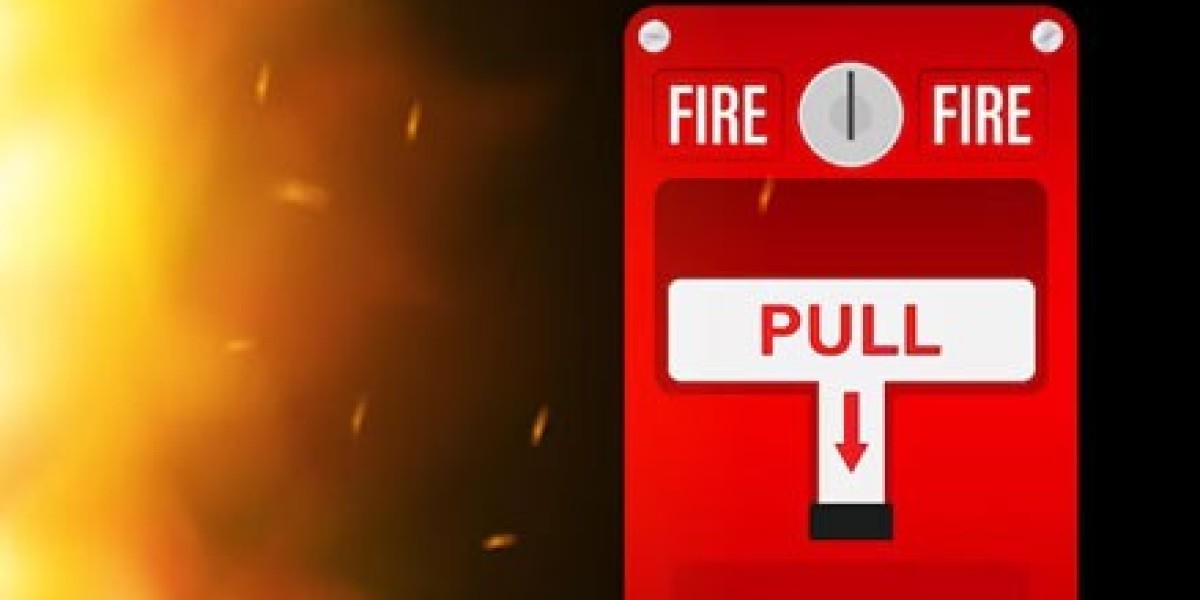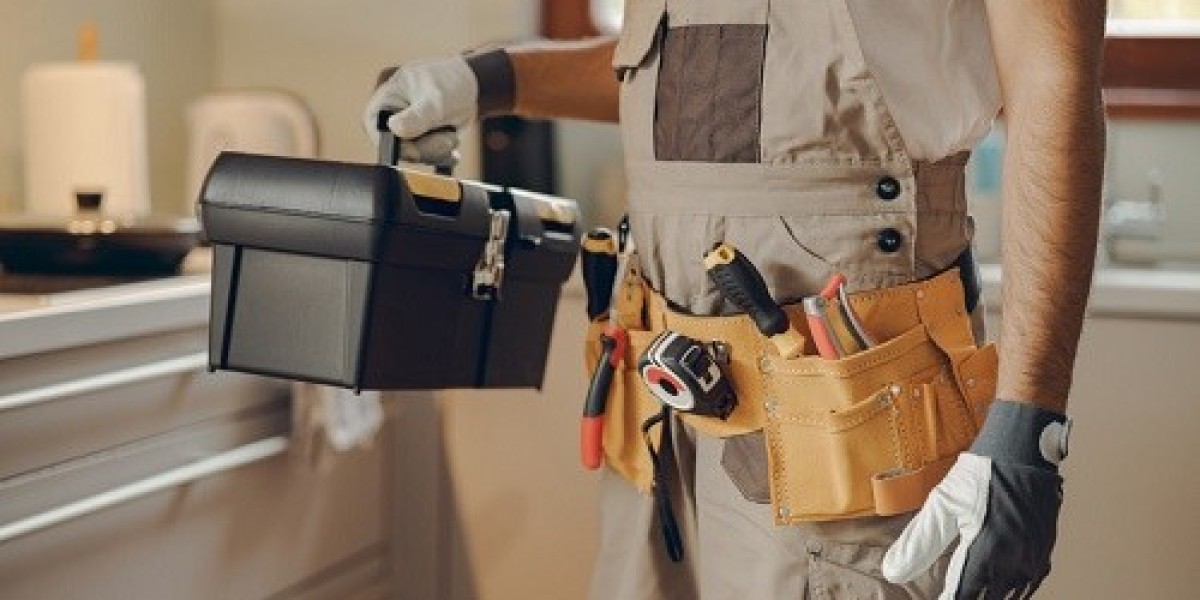A fire alarm sensor plays a critical role in detecting fire-related threats early and preventing life-threatening situations. But just like any safety equipment, it requires regular maintenance to perform effectively. Whether it’s in your home or a commercial space, neglecting maintenance can result in delayed alerts or false alarms, compromising overall safety. At Sri Triveni Crafts, we believe in empowering you with the knowledge and tools needed to keep your fire detection system in top shape.
Why Fire Alarm Sensor Maintenance Matters?
Life Safety Comes First
Fire alarms are designed to provide early warnings. Even a few seconds of delay in detecting smoke or heat can result in significant loss of life and property. Ensuring your sensors are clean, functional, and correctly calibrated helps in faster response.
Avoid False Alarms
Poor maintenance can lead to false alarms, causing panic and disrupting daily activities. Worse, repeated false alarms may cause people to ignore genuine warnings.
Legal Compliance
Many building and safety regulations require periodic checks of fire safety equipment. Regular maintenance helps ensure compliance with fire codes and insurance policies.
Key Maintenance Tips for Fire Alarm Sensors
1. Perform Monthly Testing
Testing should be done once a month to verify that the system works properly. Use the test button on the fire alarm sensor to confirm it sounds the alert. In larger systems, a fire safety professional may be required to test system integration.
2. Check Power Supply Regularly
Whether battery-powered or hardwired, the fire alarm must receive uninterrupted power. Replace batteries every 6–12 months or sooner if the system chirps. Hardwired systems should be checked for wiring damage and backed up with a battery.
3. Clean the Sensors Gently
Dust and debris can block smoke particles from reaching the sensor. Use a vacuum cleaner or soft brush to gently clean the alarm cover and vent openings. Avoid using water or harsh chemicals near the sensor unit.
4. Inspect for Obstructions
Ensure that no furniture, wall décor, or other objects block airflow to the sensor. Obstructions can reduce the unit's ability to detect smoke or heat efficiently.
5. Replace Sensors as Recommended
Every sensor has a life expectancy, typically 8–10 years. After that, performance declines even if the unit appears functional. Always refer to the manufacturer’s replacement schedule.
Professional Servicing: When and Why
While routine maintenance can be handled by the property owner, annual professional inspections are strongly recommended for:
Large office buildings or commercial premises
Multi-sensor alarm systems
Integration with HVAC, sprinkler, or security systems
Certified fire safety technicians will use diagnostic tools to test all components thoroughly and provide a detailed report for record-keeping and insurance purposes.
Common Signs That Your Fire Alarm Sensor Needs Attention
Frequent false alarms
No response when pressing the test button
Unusual beeping or chirping even after battery replacement
Sensor discolored or visibly damaged
If any of these signs are noticed, immediate servicing or replacement is necessary.
How Sri Triveni Crafts Supports Your Fire Safety Needs
At Sri Triveni Crafts, we don’t just supply fire safety equipment—we provide complete solutions. From choosing the right fire alarm sensor to offering scheduled maintenance support and professional inspections, our team ensures your property is always protected.
Conclusion
Regular maintenance of your fire alarm sensor is not just a best practice—it’s a necessity. It helps prevent false alarms, ensures compliance with regulations, and most importantly, protects lives. By following simple maintenance steps and scheduling routine professional checks, you can rely on your fire alarm system to work when it matters the most. Let Sri Triveni Crafts be your trusted partner in fire safety for home and business environments.
Frequently Asked Questions (FAQs)
1. How often should I test my fire alarm sensor?
You should test your sensor once a month using the test button to ensure it functions properly.
2. How do I know when to replace my fire alarm sensor?
Most sensors need replacement every 8–10 years. Check the manufacturer’s label for the exact lifespan.
3. Can dust affect the performance of my fire alarm sensor?
Yes, dust and debris can block smoke or heat from reaching the sensor. Clean it gently every few months.
4. What do I do if my alarm keeps beeping with no fire?
It may indicate a low battery or a malfunction. Replace the battery first. If it continues, consult a technician.
5. Should I hire a professional for annual maintenance?
Yes, especially for commercial setups. Professionals conduct comprehensive checks to ensure every component functions correctly.







